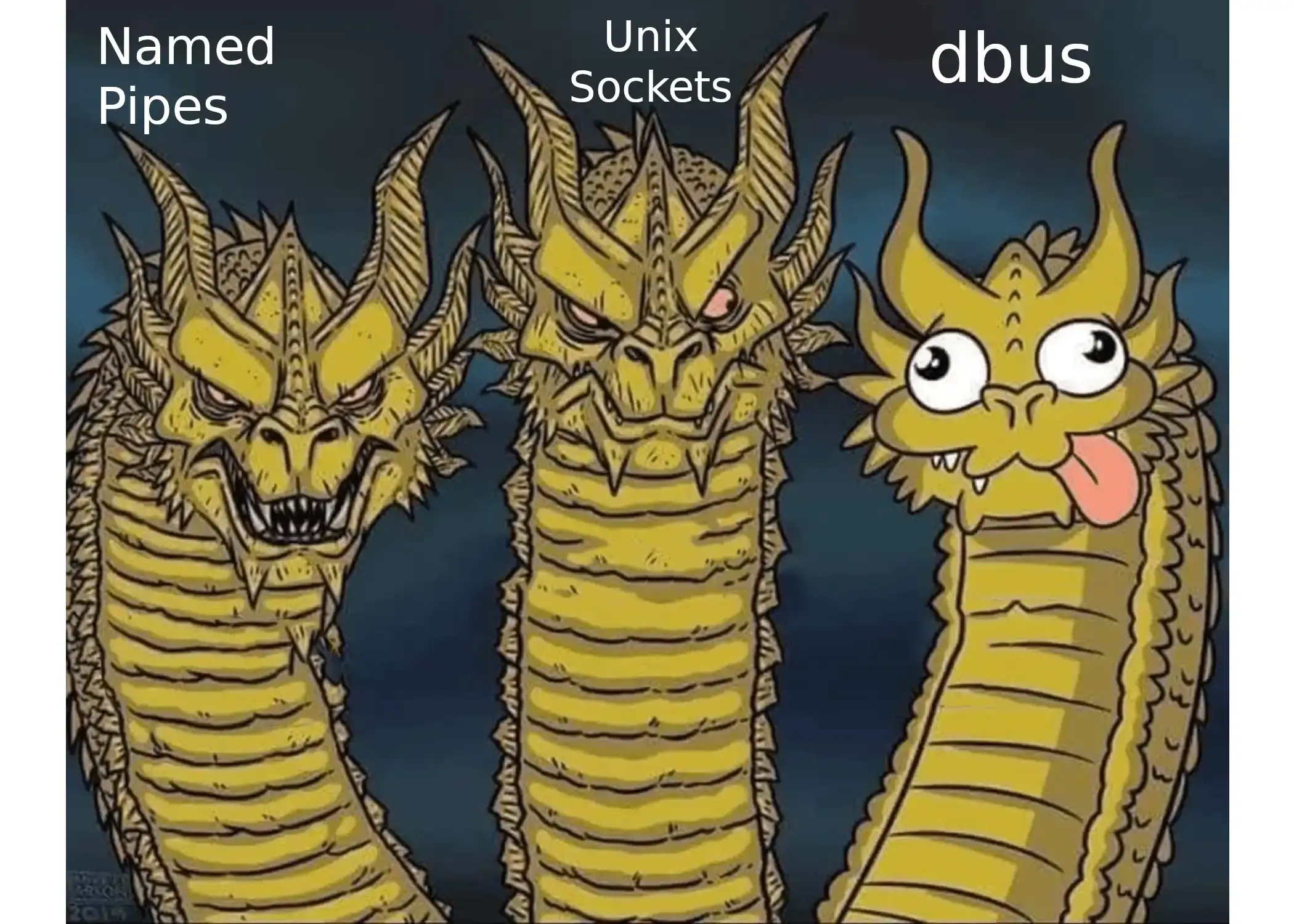this post was submitted on 28 Dec 2023
202 points (81.8% liked)
Linux
48144 readers
745 users here now
From Wikipedia, the free encyclopedia
Linux is a family of open source Unix-like operating systems based on the Linux kernel, an operating system kernel first released on September 17, 1991 by Linus Torvalds. Linux is typically packaged in a Linux distribution (or distro for short).
Distributions include the Linux kernel and supporting system software and libraries, many of which are provided by the GNU Project. Many Linux distributions use the word "Linux" in their name, but the Free Software Foundation uses the name GNU/Linux to emphasize the importance of GNU software, causing some controversy.
Rules
- Posts must be relevant to operating systems running the Linux kernel. GNU/Linux or otherwise.
- No misinformation
- No NSFW content
- No hate speech, bigotry, etc
Related Communities
Community icon by Alpár-Etele Méder, licensed under CC BY 3.0
founded 5 years ago
MODERATORS
you are viewing a single comment's thread
view the rest of the comments
view the rest of the comments

The init system is for trusted system services that can talk directly to hardware. Unless you are working on a single-user system with no security concerns of any kind, you might consider using init to launch persistent user land or GUI processes.
DBus is for establishing a standard publish/subscribe communication protocol between user applications, and in particular, GUI applications. And because it is standard, app developers using different GUI frameworks (Gtk, Qt, WxWidgets, FLTK, SDL2) can all publish/subscribe to each other using a common protocol.
It would be certainly be possible to establish a standard place in the /tmp directory and a standard naming scheme for sockets and temporary files so that applications can obtain a view of other running applications and request to receive message from other applications using ordinary filesystem APIs, but DBus does this without needing the /tmp directory. A few simple C APIs replace the need for naming and creating your temporary files and sockets.
...systemd very much does use the init system to launch userland and GUI processes. That's how GNOME works.
Dbus is for interprocess communication. The fact that its primary use case is communication between desktop applications is hardly relevant to its design. I don't see how GUI frameworks are at all relevant, or how it would be possible to create an interprocess communication mechanism that only worked with one GUI framework without some heroic levels of abstraction violation (which I would not put past Qt, but that's another story).
I don't see why having an entire dbus daemon running in the background is better than having a cluttered /tmp or /run directory.